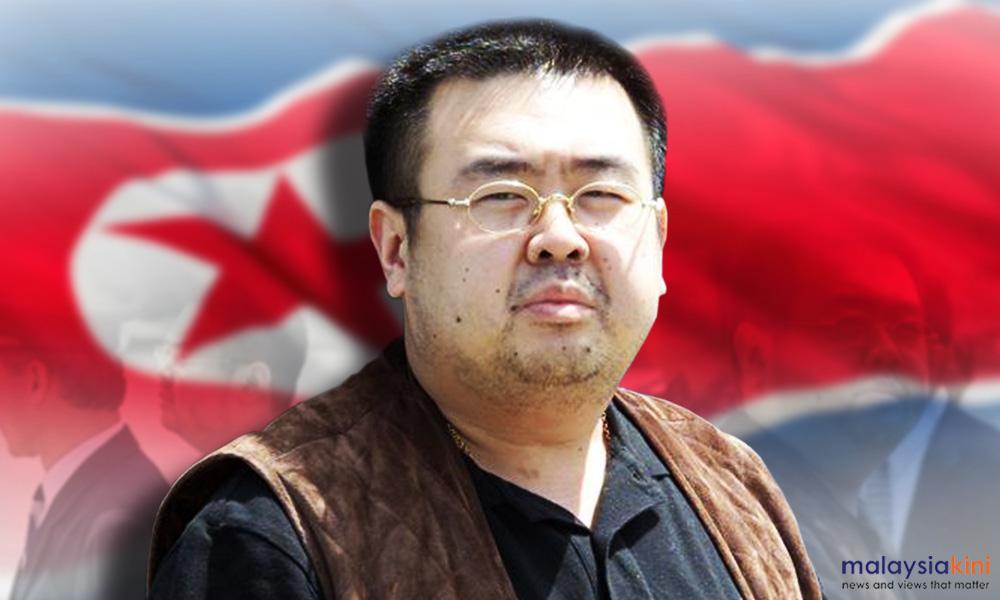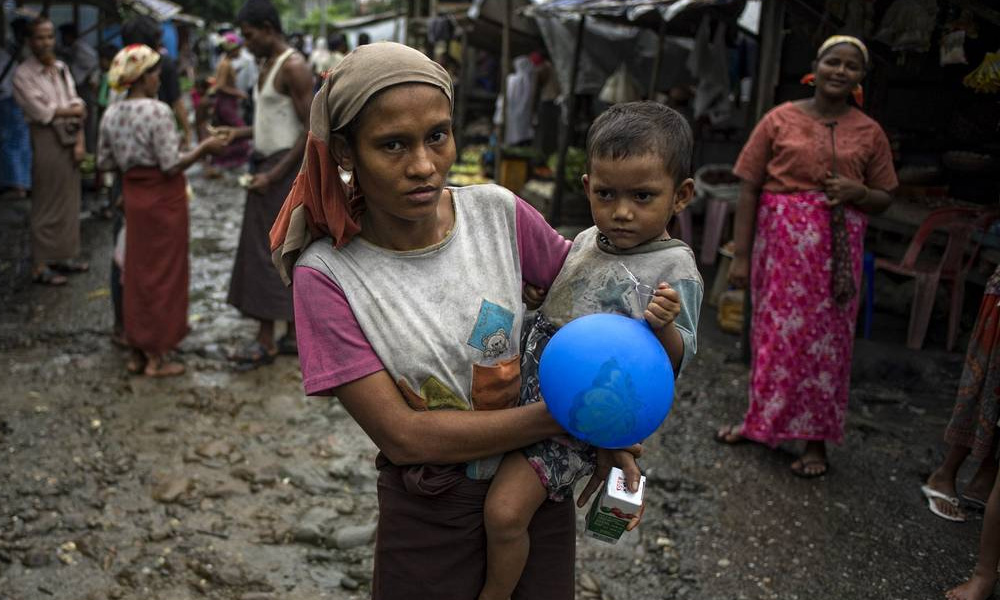COMMENT | World leaders from the 21 members of the Asia-Pacific Economic Cooperation (Apec) meet this week in Vietnam. It is clear that the first part of this year’s theme, “Creating new dynamism” cannot be achieved without placing a firm emphasis on the second – “fostering a shared future.”
The future we share just within Apec encompasses 40 percent of the world’s population, 54 percent of global GDP and 44 percent of world trade.
Given its scale, this grouping is ideally positioned to enhance the well-being of our citizens, both in the economic and social realms and also to address the many challenges the world currently faces that threaten not just the future but the present.
For we face huge challenges in Asia Pacific, from rising tensions on the Korean peninsula, to the scourge of Islamic State and its regional affiliates in Southeast Asia, and the suffering and persecution that has caused unprecedented mass migration in the Andaman Sea and in neighbouring countries.
A gathering of world leaders, such as this one, must take advantage of being together to consider what we all collectively can do to take action.
For Malaysia’s part, we have been consistent in our strong condemnation of the series of nuclear tests that have been conducted by the Democratic People’s Republic of Korea (DPRK). An escalation that could lead to nuclear catastrophe, with the consequent deaths of hundreds of thousands, if not millions; the radioactive fallout, devastating long-term illnesses and mass displacement of people – this is something we simply cannot contemplate in the 21st century.
Any conflict, particularly one involving such weapons, would be catastrophic not just for the Korean peninsula but for the region and beyond. Nuclear Armageddon was a threat that blighted far too much of the second half of the last century and we must take all steps necessary to avoid these dark clouds shrouding the first half of the current century.

Earlier this year, Malaysia faced an intolerable violation of our territorial sovereignty when Kim Jong-nam (photo) was assassinated on our soil with banned chemical weapons. We took immediate action, sending back the DPRK diplomatic officers who were in Malaysia, and are conducting a broader review of our links with North Korea including diplomatic, political and economic relations, as well as the possibility of closing our embassy in Pyongyang.
More broadly, we have long advocated for the DPRK to fully comply with all relevant UN Security Council resolutions and for the six-party talks framework to be resumed. A peaceful conclusion to the tensions on the peninsula would be a greater prize for the whole world, and as such, we welcome President Donald Trump’s statement that “it makes sense for North Korea to come to the table and make a deal”. We hope that his efforts, and those of President Xi Jinping, may lead to a more constructive path forward and we strongly support a peaceful future in Northeast Asia.
In terms of Islamic State, we have not been spared the shadow of barbarity that has wrought such wicked havoc in Iraq and Syria.
The first Islamic State-linked attack in Malaysia took place last June. Although several people were injured, mercifully no one died. It is only thanks to the heroic efforts of the Royal Malaysia Police that 16 subsequent attacks on Malaysian soil have been foiled, including two during the Southeast Asian Games closing ceremony and our National Day celebrations at Merdeka Square.
But we cannot, and will not, let our vigilance lapse.
International leadership
On the international level, we are proud to stand shoulder to shoulder with so many other nations in the Global Coalition Against Islamic State. At home, the government has introduced a raft of counter-terrorism legislation over the past few years, so we have not found ourselves – as some other countries have – in the position of not having the appropriate laws to deal with this scourge.
For when we see what happened in Marawi City in the Philippines recently, it is clear that this is a threat that is real and present in our region. Nobody should underestimate it, and I will never apologise for putting the safety and security of the Malaysian people first.
But this challenge needs to be dealt with in a number of ways; not just by prevention, but also by battling radicalisation and working to rehabilitate those who have been falsely lured away by criminals who blaspheme the name of Islam.
Our efforts to promote the concept of wasatiyyah, and the example set by our Global Movement of Moderates initiative, have been widely recognised and taken as a model by other countries. This was confirmed earlier this year by the establishment in Malaysia of the King Salman Centre for International Peace – a wonderful endorsement by the Custodian of the Two Holy Mosques.

Religion should be about peace, brotherhood and mutual respect. Alas, that has not been the case in Myanmar’s Rakhine State, where it is plain for the world to see that a campaign of ethnic cleansing has taken place against the Rohingya (photo), a community that has suffered such terrible atrocities that a substantial proportion of them have fled the land they call home. Such persecution not just leads to refugee influxes for neighbouring countries, but also incites radicalisation and regional instability.
Malaysia was one of the first countries to call for action. It was Malaysia that successfully proposed the meeting of Association of Southeast Asian Nations (Asean) foreign ministers in Yangon last December. We hosted the Extraordinary Session of the Organisation of Islamic Cooperation Council of Foreign Ministers to discuss the plight of the Rohingya in January this year. And we have led numerous humanitarian initiatives, sending goods and establishing a field hospital to help Rohingya refugees in Bangladesh.
I was glad to see that after we raised the issue with President Trump during my visit to the White House in September, his administration has been taking an increasingly tough line on the tragedy that has unfolded in Myanmar.
Faced with all these security challenges, we cannot stand by and do nothing. The Malaysian government will always push for efforts to ensure peace, stability and security in Asia Pacific. We must all contribute to “fostering a shared future”, and I hope and pray that after the Apec summit and subsequent Asean and related summits, we will have made strong progress in doing so.
NAJIB ABDUL RAZAK is the Prime Minister of Malaysia.
The views expressed here are those of the author/contributor and do not necessarily represent the views of Malaysiakini.

